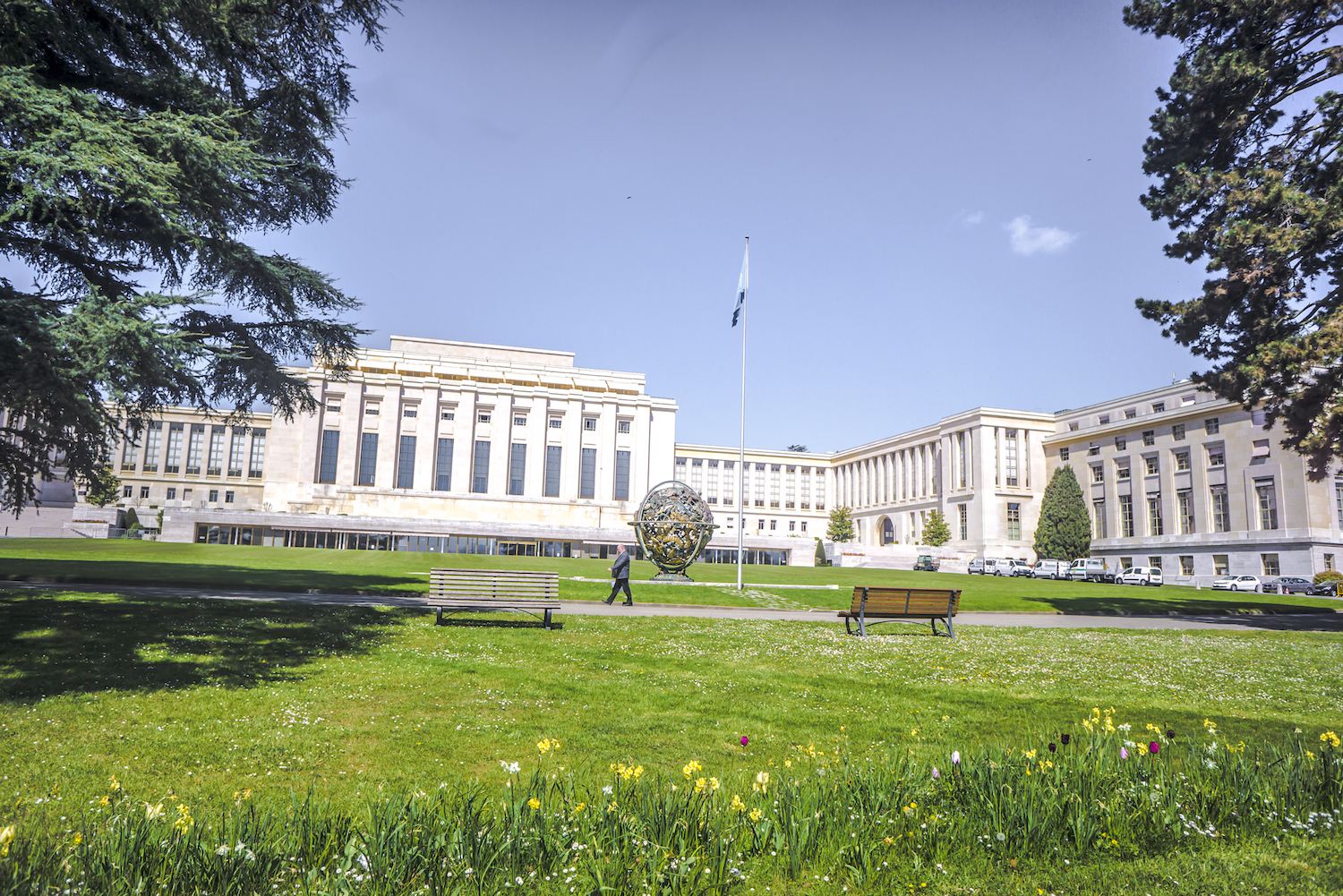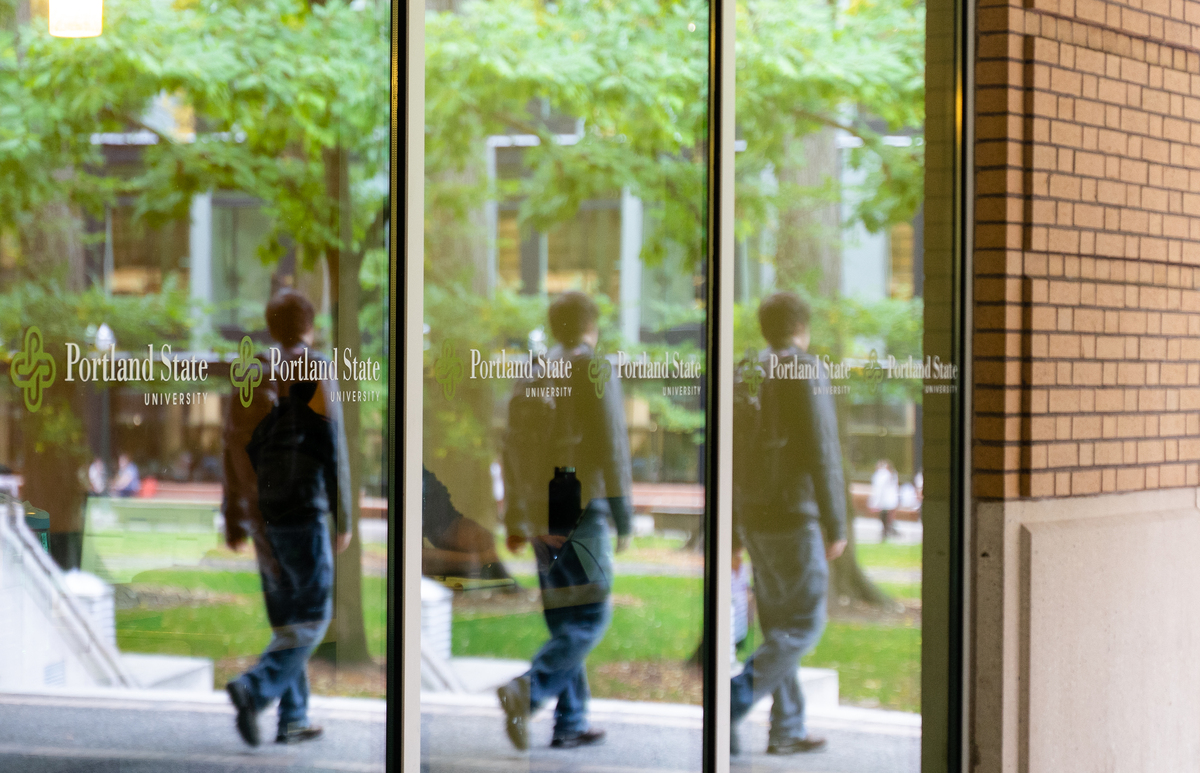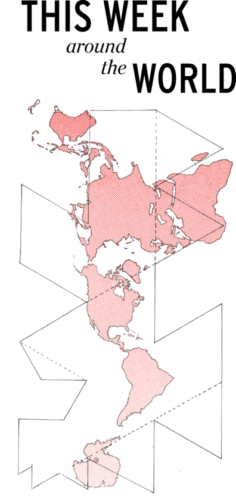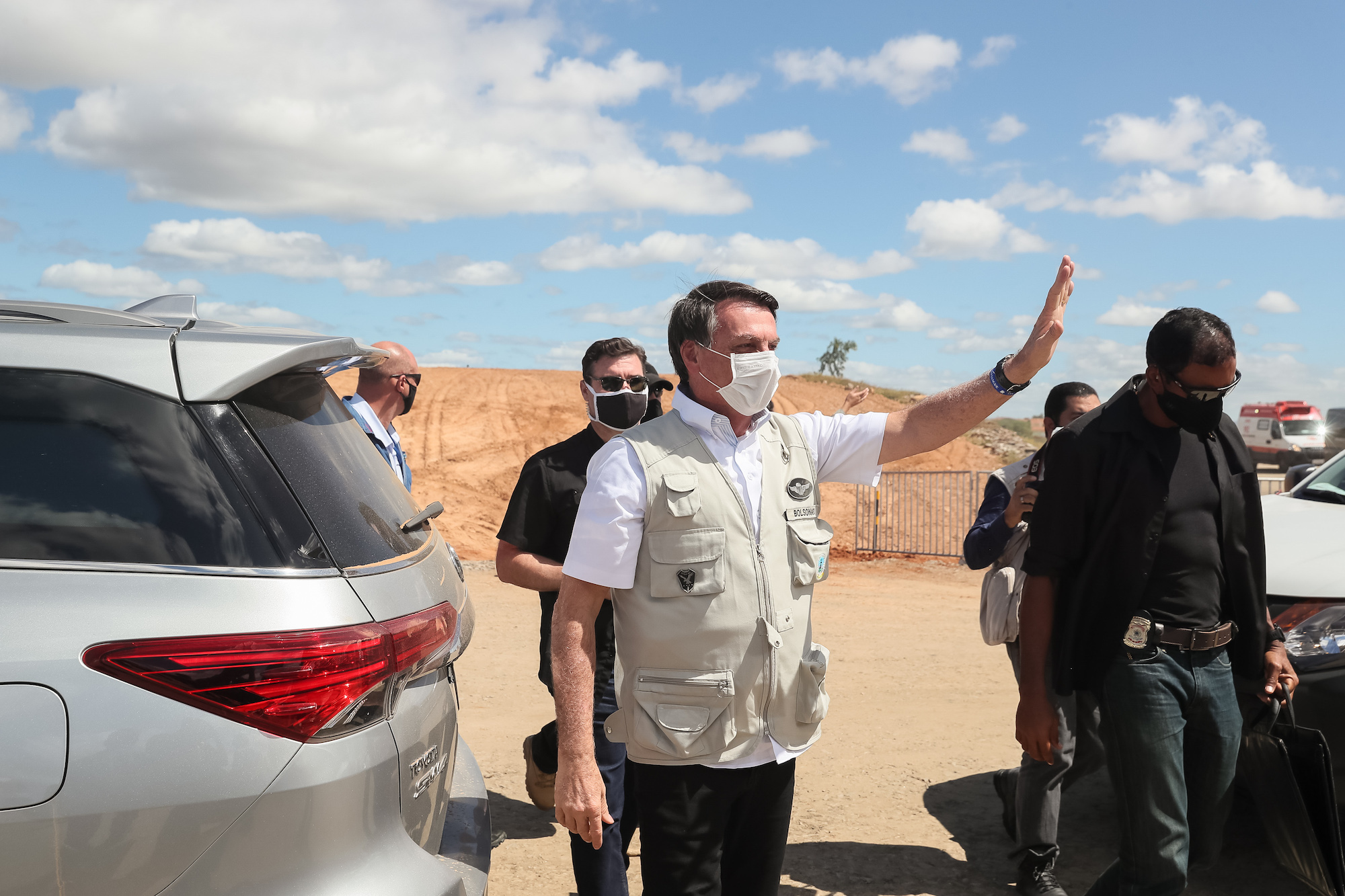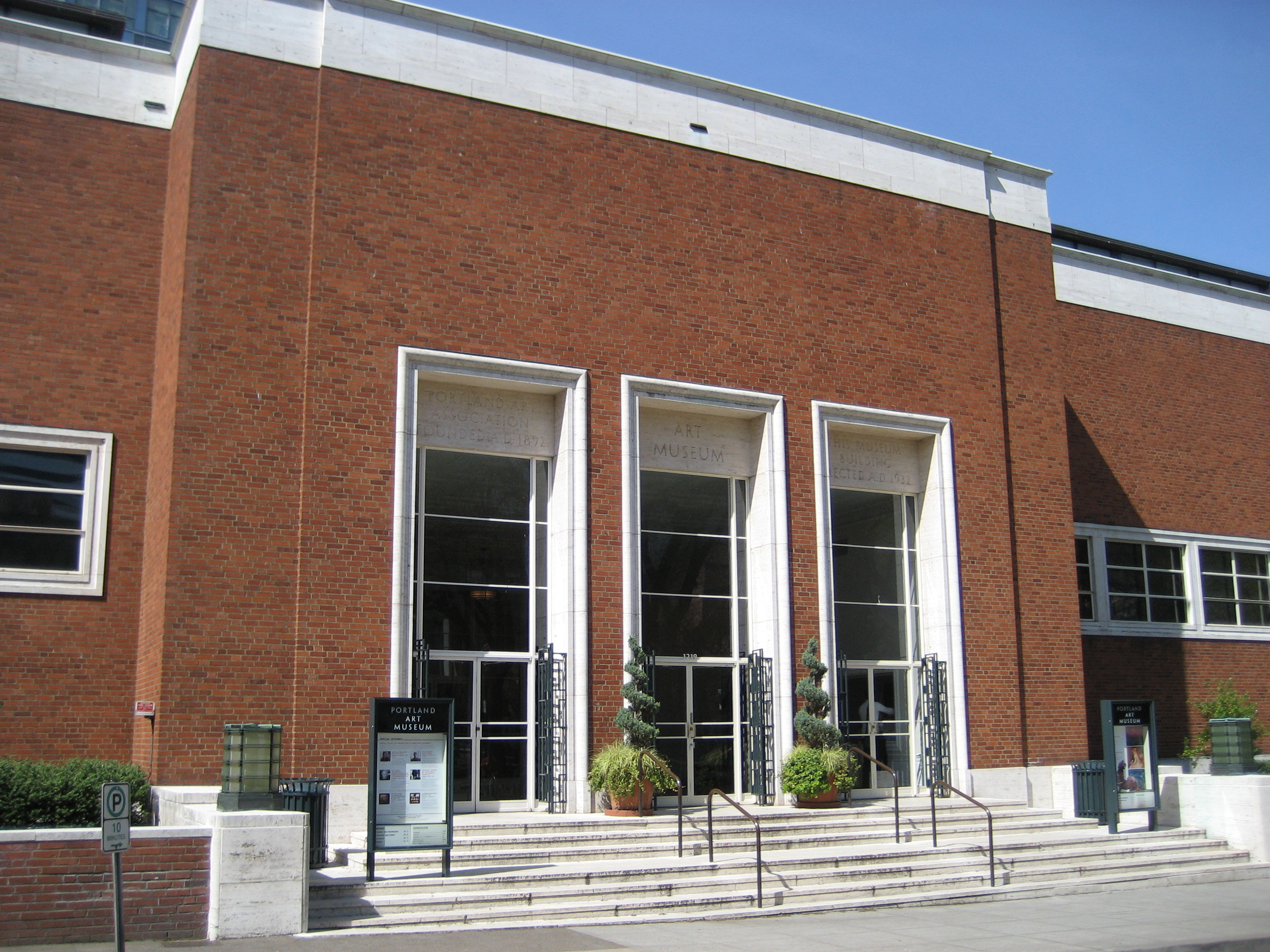Protests for Black lives and against police violence spread across the world in the wake of the police killing of George Floyd. In response, the U.N. Human Rights Council (UNHRC) unanimously adopted an amendment on June 19 to launch an investigation into systemic racism against Black people across the globe.
UN News reported over 20 senior U.N. leaders of African descent issued a statement condemning “pervasive and systemic racism.” The signatories called on world leaders to “do more” than offer public statements condemning racist practices and violent policing.
Signatories to the statement underscore “deep trauma and inter-generational suffering” caused by racial injustice. They place the contemporary struggle against racism and police violence in the context of the U.N.’s chartered objective: “promoting and encouraging respect for human rights and for fundamental freedoms for all, without distinction as to race, sex, language, or religion.”
While George Floyd’s name has reignited the Black Lives Matter movement in the U.S.—and the world over—Floyd’s was not the only life taken by police in recent weeks. Since Floyd’s death, police killings of Breonna Taylor, Tony McDade, Rayshard Brooks, David McAtee and Andres Guardado have ignited protests and prompted calls for police departments to be reformed or abolished.
In a landmark decision on June 7, Minneapolis city council members committed to disband the Minneapolis Police Department, citing the failures of incremental reform. “Abolitionists are now in a position of more leverage and power than they have been since the early 1970s,” stated Dr. Anoop Mirpuri, professor of English and affiliate faculty in the department of Black studies. “As far as what’s happening in Minneapolis with disbanding the police, I think this is promising.”
According to Mirpuri, working towards police abolition doesn’t mean simply getting rid of police and prisons. “It’s the practice and process of getting together with people to imagine and build social forms that not only produce the kinds of erasures we’re hoping for,” Mirpuri stated, “but that build the kind of society that no longer has the need for the things we want to erase.” Abolition should be considered an ongoing practice of positive world-building, not a fixed end goal, according to Mirpuri.
“We’ve built a world that is rigged to benefit the very wealthy at the expense of the rest of us,” Mirpuri stated. “A world in which everyday plunder and looting, by the wealthy, of the poor and working classes is normalized and legal. Of course that world will require an armed police force to defend it. And of course policing will become violent, because ultimately that’s what policing is—the enforcement of rule through violence and the threat of violence.”
Besides killings by police, the shooting of Ahmaud Arbery in February and the deaths of six people of color by hanging across the U.S., decried by many as lynchings, have fanned the flames of the Black Lives Matter movement in recent weeks.
George Floyd’s brother, Philonise Floyd, addressed the U.N. Human Rights Council last week, attesting to the injustice of his brother’s murder while condemning police violence against protesters.
“When people dared to raise their voice and protest for my brother, they were tear-gassed, run over with police vehicles, several people lost eyes and suffered brain damage from rubber bullets, and peaceful protesters were shot and killed by police,” Floyd said. “Journalists were beaten and blinded when they tried to show the world the brutality happening at the protests.”
African leaders in the UNHRC highlighted police brutality, calling on the council to investigate the violent repression of protests by militarized police.
The New York Times reported leaders initially called for a formal commission of inquiry into systemic racism and anti-Black police violence in the United States. A commission of inquiry is the most intense form of scrutiny available to the council.
Yet the final proposed resolution, unanimously adopted on Friday, calls only for a “more generic report,” according to The New York Times. The report will not focus specifically on the U.S. Instead, it will employ a “broader approach” to investigate racism in all nations, according to U.N. News.
The decision not to pursue a commission of inquiry “could be read at least in part as an unwillingness to ‘single out’ the U.S.,” Mirpuri stated. “As a U.N. institution, the HRC is and always will be vulnerable to the outsized influence of powerful member states.”
“But,” Mirpuri continued, “in fairness, one could also argue that the ‘global’ view [the decision] authorizes is a recognition that what we are seeing here is in fact a global problem, and not specific to the U.S.”
In 2018, the Trump administration withdrew the U.S. from the Human Rights Council. In a press conference on June 20, Secretary of State Mike Pompeo said the call to address systemic racism “marks a new low” on behalf of the UNHRC.
As for the potential consequences of the forthcoming report, “we shouldn’t expect a general report on racism by the U.N. to have any teeth,” Mirpuri stated. “What the U.N. can do is help normalize the kinds of questions we’re asking and the kinds of demands we’re making—to offer global institutional authorization for abolitionist work and ideas.”
“To the extent that the UNHRC is framing this as simply a problem of racism, well, that’s something we should be pushing back against,” Mirpuri stated.
“We need to be focusing not simply on disproportionate policing, but on the systems and policies that give rise to the belief that police are necessary,” Mirpuri stated. “The call to end racist policing is an important first step in challenging policing as such.”
The African U.N. leaders’ call to action concludes with a quote from South African Archbishop and activist Desmond Tutu. “Black liberation is an absolutely indispensable prerequisite to white liberation,” Tutu wrote. “Nobody will be free until we all are free.”

